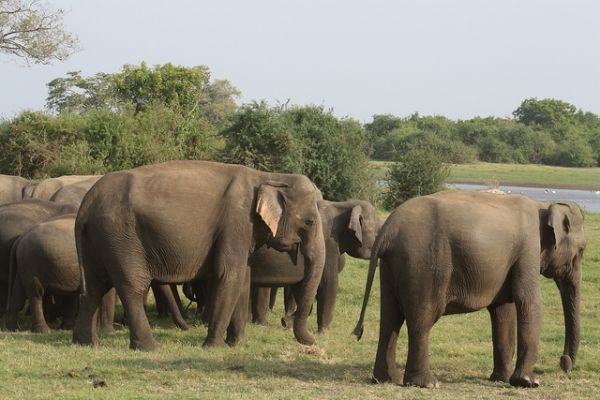
Animals eat, wander, then excrete. Their excretions contain essential fertilizers, notably phosphorus. Otherwise, the distribution of phosphorus tends to follow gravity and get washed into the ocean.
There are fewer large animals today then in centuries past, especially fewer wild large animals. Most large domesticated species, such as cattle, are fenced in. This impairs the spread of manure-sourced nutrients. Chris Doughty of Oxford University explained to the Washington Post that this trend could make it harder to find phosphorus in the future:
"Large free-ranging animals are much less abundant than they once were. Today, if scientists were to study the role of animals they would find that it is important but small," Doughty explained. "However, in the past, we hypothesize that it would have been at least an order of magnitude larger than today. Essentially, we have replaced wild free-roaming animals with fenced domestic cattle that cannot move nutrients in the same way."The loss of whale poop is especially bad:
But today, the researchers estimate, whales only bring 165 million pounds of phosphorus up annually. That's just 23 percent of their previous contribution. Phosphorus movement by birds and fish that come inland after eating in the sea (like salmon, for example) are just 4 percent what they once were.

No comments:
Post a Comment